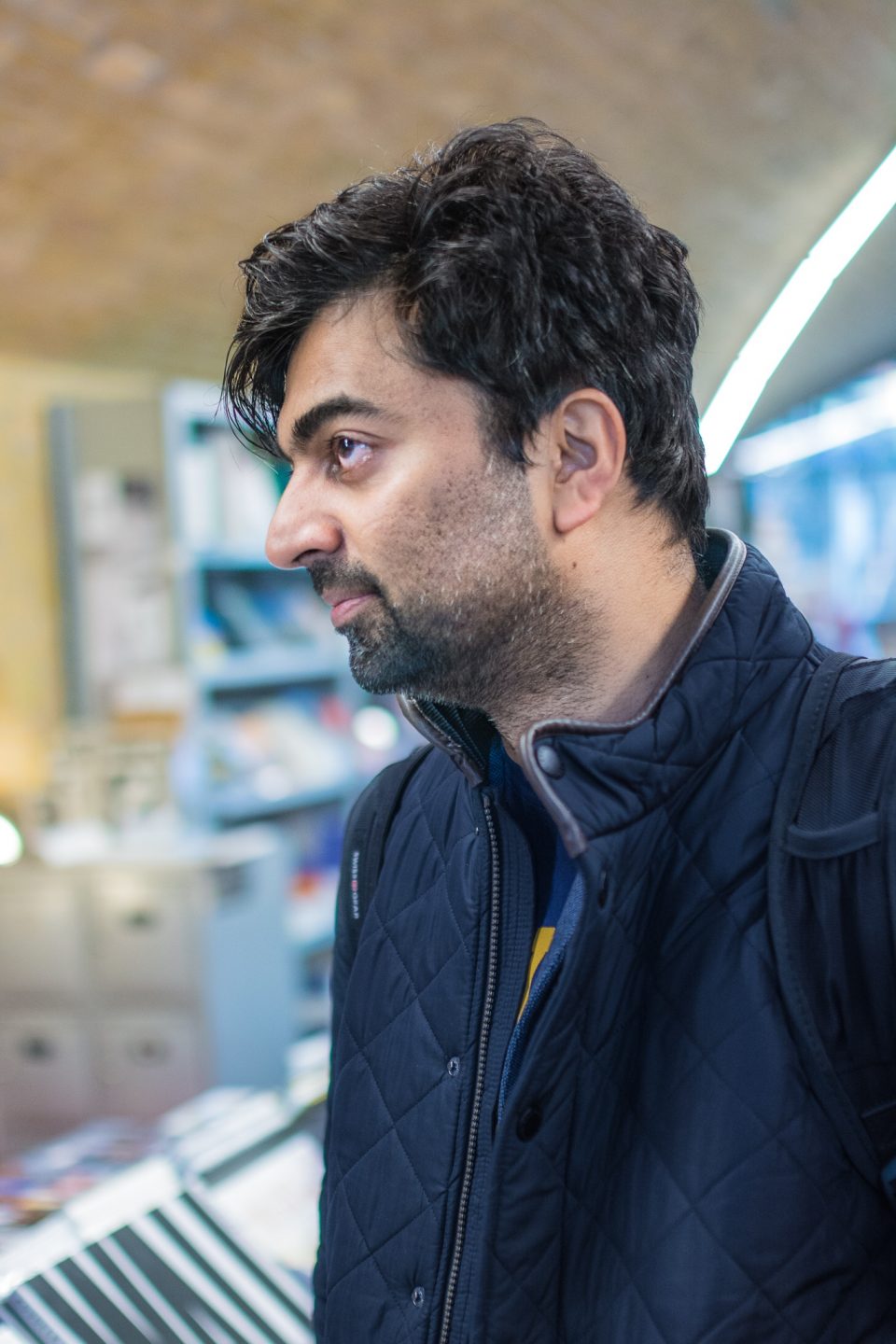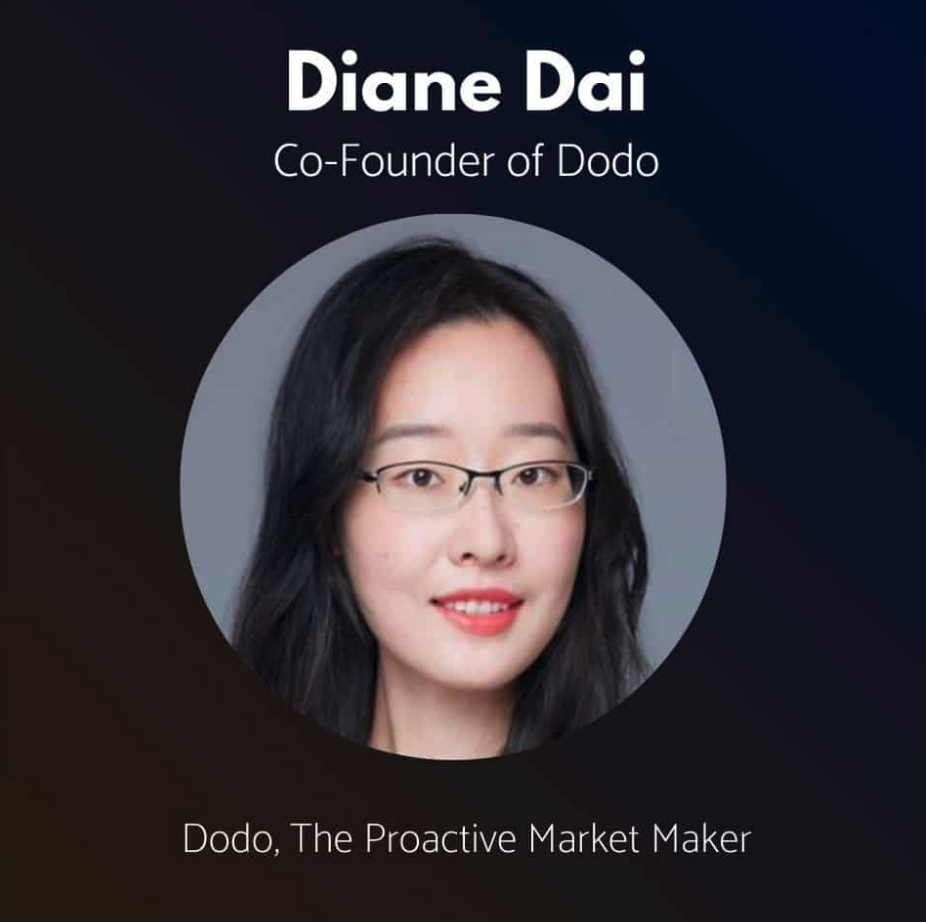Brock Pierce shares views on privacy and DeFi with crypto leaders

For a man who has seen his fair share of privacy splashed all over the redtops, former 2020 US Presidential Candidate and crypto legend Brock Pierce is cautiously optimistic about the possibilities for privacy within DeFi.
He believes the overall growth and desire for the DeFi is unstoppable but is also sure that solutions are coming down the track.
Speaking with Crypto AM, Brock says: “The lack of privacy in decentralised finance has been brought up since early on and, despite concerns about it, the DeFi space has still grown from close-to-zero a year ago to over 50billion today and I expect it to continue to grow.
“Some of the risks include that while some of the addresses could be pseudonymous, individuals and entities may still be able to track and identify the individuals and institutions that own certain addresses and wallets, and their actions within DeFi.
“There will likely be solutions provided which enable activity in more private manners, specific protocols that are setup and utilising specific platforms.”
We asked leaders in this space for their take of what they can do to safeguard their privacy in the open world of DeFi.
The elephant in the room
Anish Mohammed, CTO and Co Founder of Panther Protocol, has spent more than two decades in security and cryptography as a researcher and consultant, he started his career working on security of micropayment systems for Ericsson HP Telecomm.

He doesn’t mince his words when it comes to poohpoohing the accusations of nefarious activities.
“Let’s address the elephant in the room – cryptocurrencies being used for illegal purposes,” he says.
“The average dollar bill contains multiple traces of drugs and unsavoury body fluids, whereas less than 0.5% of all crypto transactions have any shady references.”
He has spent half his career researching cryptographic algorithms and protocols at three different research groups including Microsoft Research. He has advised and worked for various banks and financial institutions including AIB, HSBC, Lloyds and Zurich. He was also an early advisor to Ripple, Adjoint, reviewer of Ethereum Orange paper and was one of the founding members of UK Digital Currency Association.
He is also very clear on privacy…
“Imagine walking down the street with your wallet in your back pocket and everyone can see all your transactions – from the coffee you bought at Starbucks to the book you purchased in Waterstones.”
Anish also loves technology…
“One of the magical things to happen over the past 30 years is Zero Knowledge Proofs. Zero Knowledge Proofs allows you to prove that you are telling the truth without revealing the underlying data.”
Anish met his Panther co-founder Oliver Gale at the Autonomy 2040 conference in Tulum in January 2020 where both were speakers. They quickly realised they were both interested in privacy and had very similar foresight on surveillance capitalism.
The stakes for society are enormous, and they wanted to live in a world where freedom of expression and the right to privacy are there by default.
“Privacy is an essential part of democracy; if you know how someone is going to vote, then the very concept of democracy is no longer valid.
“Financial privacy is a right.”
The need for privacy
Akasha Rose, Marketing Director of Sheesha Finance, agrees with Brock and Anish, and believes the main risks surrounding lack of privacy are to balance the freedoms of open source with personal desire and need for privacy:
“The challenge of DeFi is to balance transparency with privacy,” she says.

“Open-source code is necessary for code to be cross-checked, with bounties for reporting bugs. Transparency allows the progressive DNA of DeFi to keep mutating with new innovations every day.
“On the other hand, everything is public on the blockchain so no transaction is strictly private. Privacy will be a fundamental pillar to the success of DeFi, the question is how to enable DeFi users to use their preferred platform in a completely private manner.”
She considers these issues directly in DeFi and explains: “In DeFi, you wallet is your identity. Users need to be aware that if their wallet is whitelisted, the identity of the wallet can be linked back to them and all past and future transactions on that wallet are compromised.
“Users can be selective about where they contribute KYC information, and keep a track of what wallets are whitelisted so that they are segregated from everyday usage. In future, due to the risk of hacks and data leaks, it will be unlikely that users will do KYC for each platform they join – instead, there will be a blockchain generated identity key that verifies that they are KYCd without disclosing their identity to the DeFi platform.
Her advice to people currently using DeFi is to, well, use Sheesha Finance.
“Our platform, Sheesha Finance, was crowdfunded through a liquidity generation event,” she explained.
“LGEs are an innovative form of launching a new token, where participants contribute cryptocurrency like ETH or BNB in return for liquidity tokens that are staked to enable trading liquidity on decentralised exchanges.
“Because Sheesha Finance was created via LGE, there was no need for KYC according to our legal advice, so a user’s identity is never disclosed and no wallet that connects needs to be whitelisted. If you do use a DeFi platform that requires your identity, always make sure to check that they have a privacy policy that is compliant with international regulations.”
It’s a human condition
Diane Dai, the 24 year-old co-founder of DODO, a decentralised exchange, who has been in DeFi with her WeChat blog DeFi the World, as well as working at DDEX and CypherJump believes privacy is part of the human condition.

“It’s not something that was created by crypto or popularized by DeFi. That’s why it’s so important to our customers: a desire for some level of privacy is something we all share,” she explained.
“But it’s not about hiding assets or doing nefarious things. It’s simply about being able to access financial products in a fair, transparent, and affordable way – not in a way that requires you to pay gatekeepers for the right to access the markets.”
Dai feels her platform offers a safe space for people wanting to use DeFi.
“We built DODO to make finance accessible to all,” she added.
“That’s the most important thing. Beyond that, we also want to protect users from the pain of getting hacked and having someone access their personal information. Given how interconnected traditional finance is, even just one data breach can snowball into a massive headache.
“With DODO’s approach, there’s no centralised failpoint that puts user data at risk. And that’s a massive selling point that’s not just about privacy but about protecting private data that puts users at risk of bigger problems.”
Control your own destiny
Justin Hartzman is the CEO and co-founder of CoinSmart, and has been working in digital ventures since founding the first website brokerage exclusively serving online businesses, pioneering the industry and achieving over $100M in transactions.
“Privacy is important in all aspects of crypto,” he says.

“There’s a reason why people flock to the blockchain economy – and it’s not to hide money from the government. It’s for the principle of having control over one’s financial destiny. Just like we don’t want our bank account balances broadcast to our neighbours, we expect privacy in crypto as well.”
He argues privacy is not just a De or Ce thing – but an Everything thing.
“The reality is that the privacy issue isn’t a DeFi or CeFi thing – it relates to every aspect of our modern lives.
“I may be a bit of an outlier here as the guy who runs the centralised exchange, but privacy is really important to us as well. We invest heavily in keeping our user data secure, as well as being reliable custodians for every single one of our users.
“There’s a lot of onus put on DeFi users to maintain their private keys, monitor for scams, and generally protect their own digital assets. By trading a small amount of private data by creating an account on an exchange, you get a lot in return: convenience, liquidity, and peace-of-mind. It’s a worthwhile trade of a small modicum of privacy for the knowledge that there aren’t rug pulls or protocol hacks.”